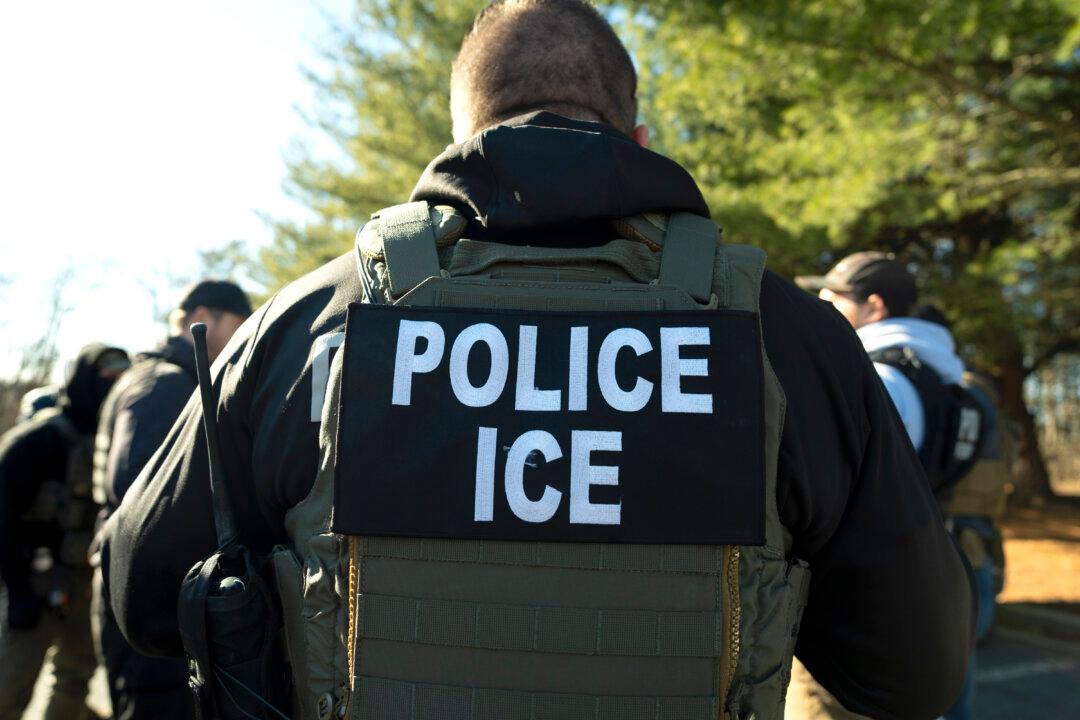A federal judge in Colorado has temporarily blocked the deportation of two Venezuelan nationals accused of gang ties, issuing an emergency order to preserve the court’s jurisdiction while it considers claims raised by the American Civil Liberties Union (ACLU) that the men are being denied due process.
The case, filed on April 12 in the U.S. District Court for the District of Colorado, challenges the Trump administration’s use of the Alien Enemies Act of 1798, a rarely invoked wartime law that allows the president to detain or deport noncitizens deemed threats during times of war or invasion.





